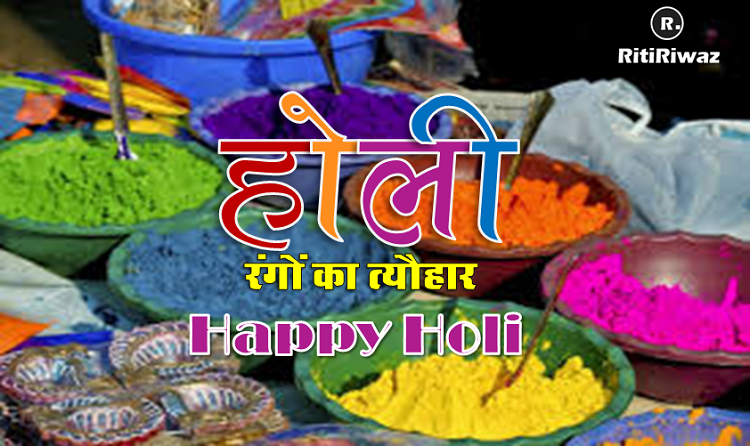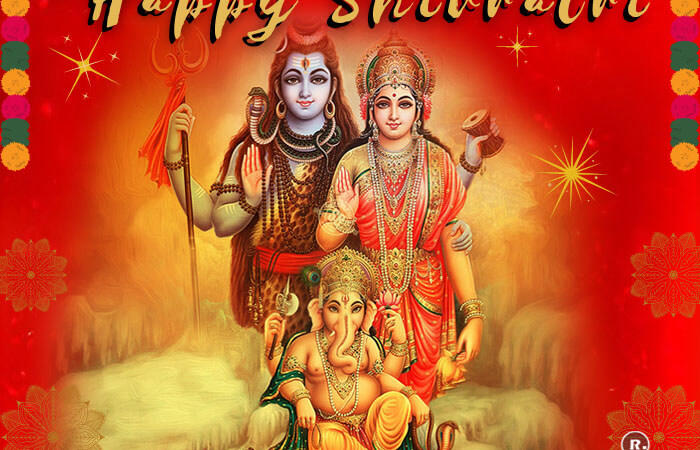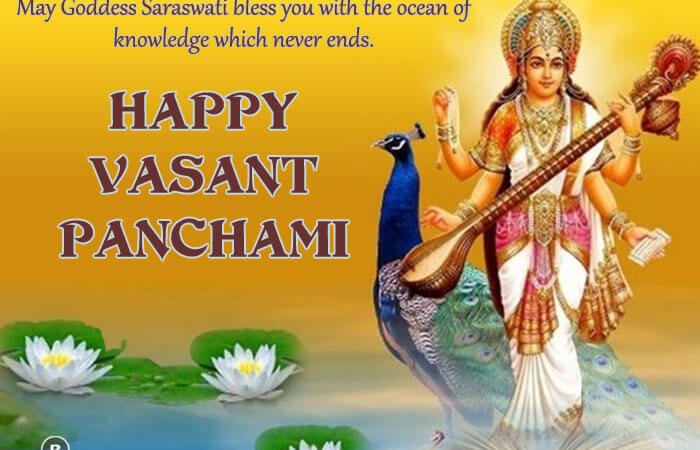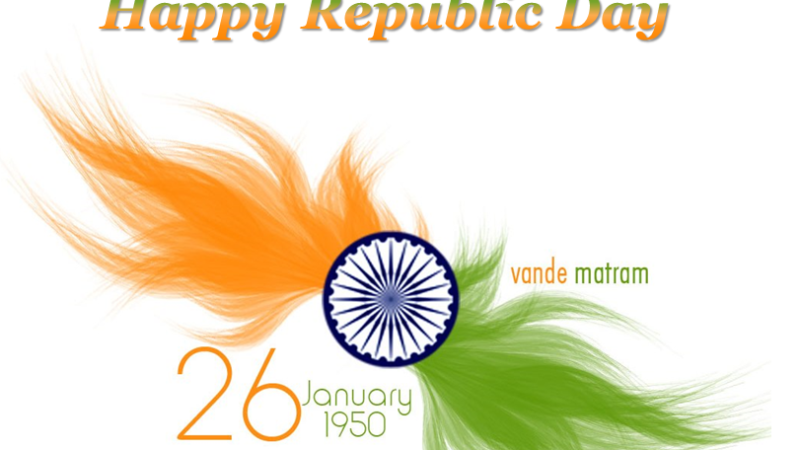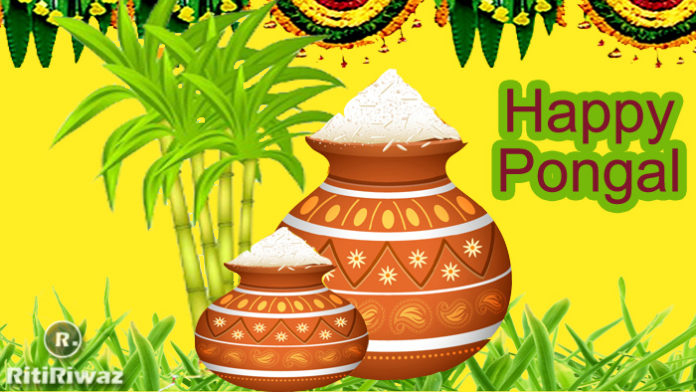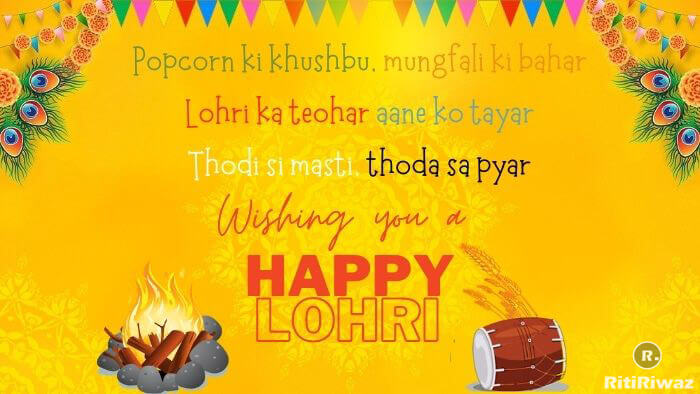Why Indian Weddings Last Three Days
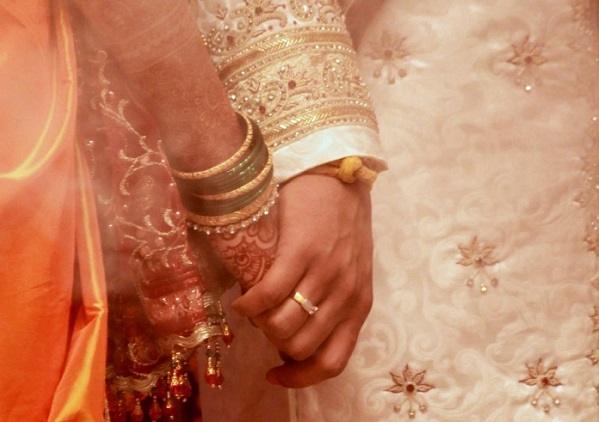
If you’ve never been to an Indian wedding ceremony, you may be shocked to find out that they don’t last just a few hours like most Western weddings. Indian weddings are spread over days, leaving many Westerners wondering why. The short answer?
The sheer number of details, traditions, and ceremonies involved with them, means that a single day of celebration simply isn’t enough. In fact, most last at least three days.
Traditionally, How Many Days Does an Indian Wedding Last?
Normally, six months – from the beginning of the alliance to the time when the couple walks away into the sunset. However, if you’re hard-pressed on time, then the shortest possible duration for an Indian wedding ceremony would be three days.
Even with this three-day timeline, the couple can choose to hold some pre-wedding ceremonies weeks or even months before their big day. However, you would need to commit a three-day window to your wedding guests to ensure that they can be through it all.
In traditional weddings, the first ceremony is a Thaka, Roka, Sakharpuda, or Tilak (in Rajput tradition) which is a confirmation of the alliance between the bride and groom. This can be held as much as six months ahead, as it is an understanding between the two families.
The first ceremonial wedding event – the Barni Bandhwana, Kelvan, or Ganesh Puja is held a few days before the wedding. Meanwhile, Muslim Indians may hold the final wedding ceremony, bou bhat, after the couple returns from their honeymoon.
Indian Wedding Ceremony Timeline
When an Indian wedding begins depends on the stars. Religious leaders will consult astrology tables to find the most auspicious day and time-based on the couples’ individual signs, which could result in the early morning or late-night hours. The Marathi tradition has a full-scale occasion for this, called the Sakhar Puda.
No matter what time the ceremony is set for, the Barni Bandhwana is held 15 days before the day of the wedding to ask the gods for a smooth wedding experience.
For a packed, three-day Indian wedding experience, here is a possible timeline –
- Day 1 – Engagement ceremony / Sagaai + Sangeet
- Day 2 – Mehndi + Haldi ceremony
- Day 3 – Wedding ceremony (beginning from the morning to night) + Vidaai + Reception
Remember, no two celebrations are the same and each couple could go with their own combination for these days. Couples can choose to not include an engagement or ring ceremony in their three-day timeline and begin with the Sangeet, which is like a wedding pre-party.
Ideally, the Mehndi ceremony is held a day ahead of the wedding and the Tilak or Sagaai, in which the bride’s family presents gifts to welcome the groom to the family, are held within a few days of the wedding as well.
The wedding ceremony itself lasts between two and three hours, but there are many other related ceremonies that occur the same day, right from how the bride and groom dress-up for their big day. Like Western weddings, Indian weddings often have cocktail hours and receptions. Combined, these events can span a 16 or more hour day.
The day after the wedding may have several ceremonies as well. The most important among these is the Vidai ceremony, during which the bride says farewell to her family’s household, makes the journey to her husband’s home, and joins his family. Then the couple leaves for their honeymoon.
What to Expect During an Indian Wedding
Indian weddings are packed in intense celebrations, emotions, and energy. They’re usually very large celebrations and most couples invite everyone they know, even acquaintances for them.
This, however, does not mean that every guest attends every event. Some ceremonies are reserved for just family, others add close friends, and others are open to all guests. Most Indian couples, especially those living in the Western world, try to host the largest events within three days of each other.
Three Days of Excitement
Indian wedding ceremonies may last longer than many other weddings, but they’re also a lot more colorful and energetic. These celebrations are packed with parties, ceremonies, gift exchanges, great food, and most of all love. If you’re invited to one or planning your own wedding ceremony in India, you’re in for an unforgettable experience.
Post contributed by https://www.weddingwire.in/

